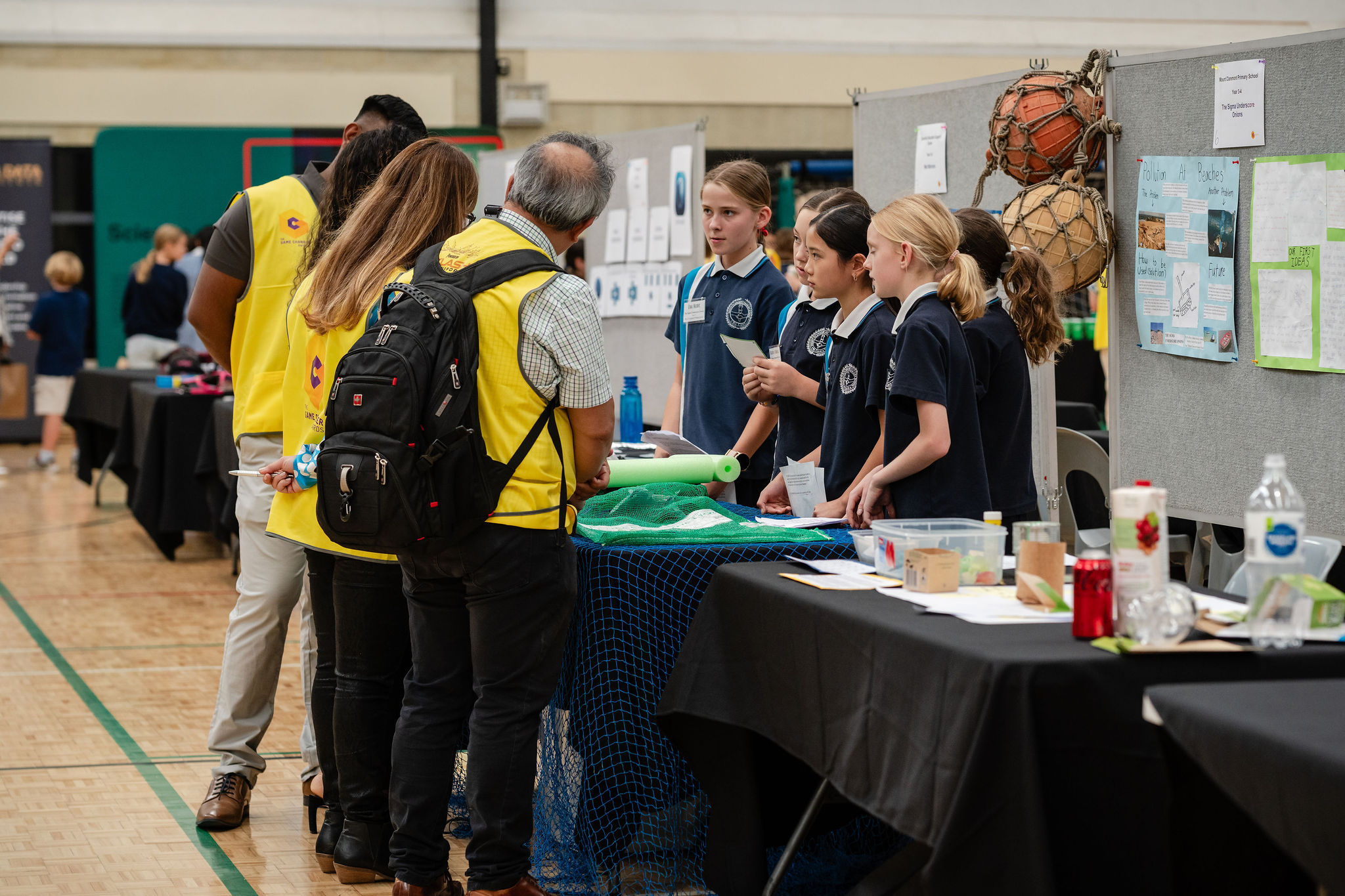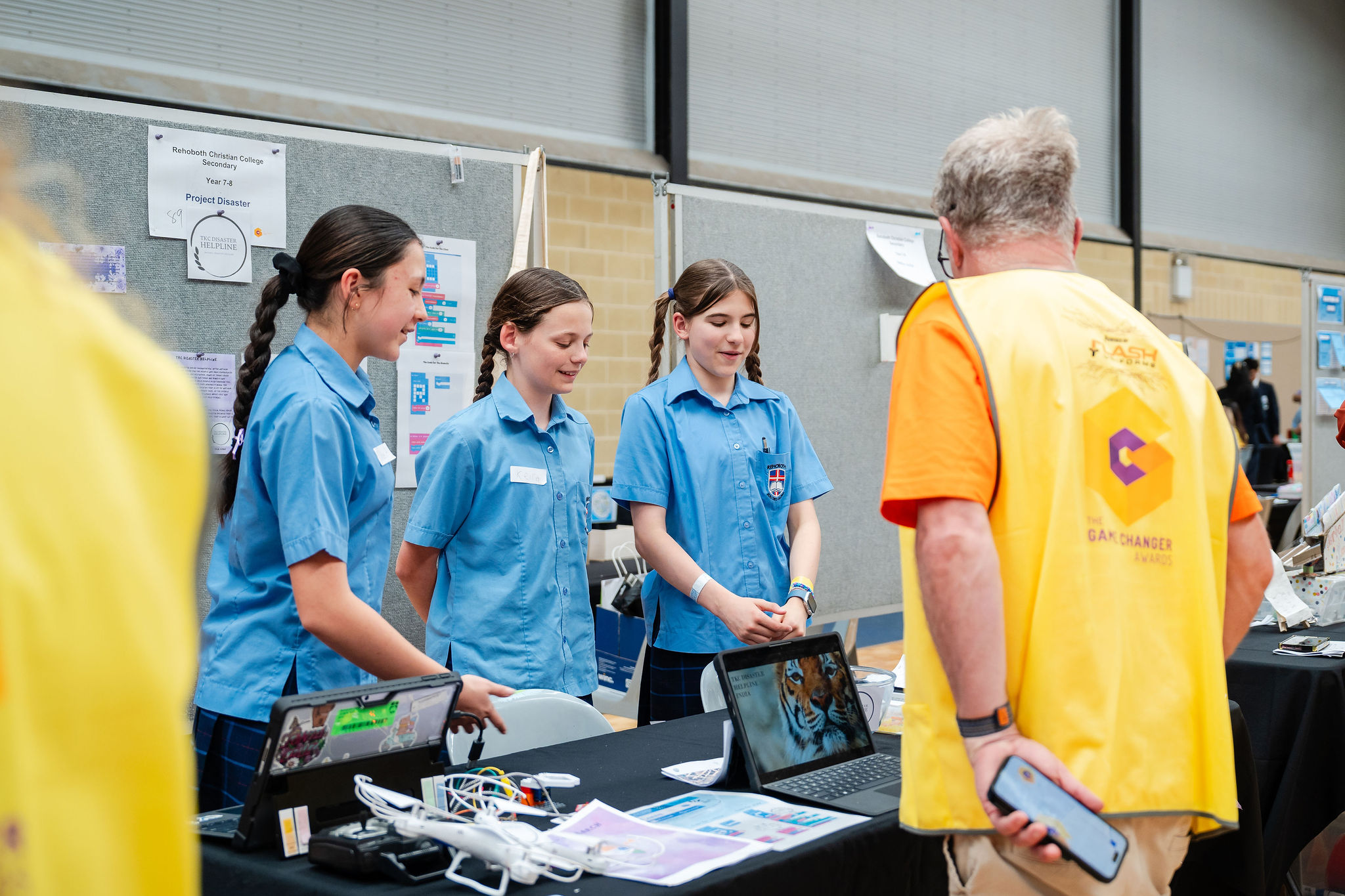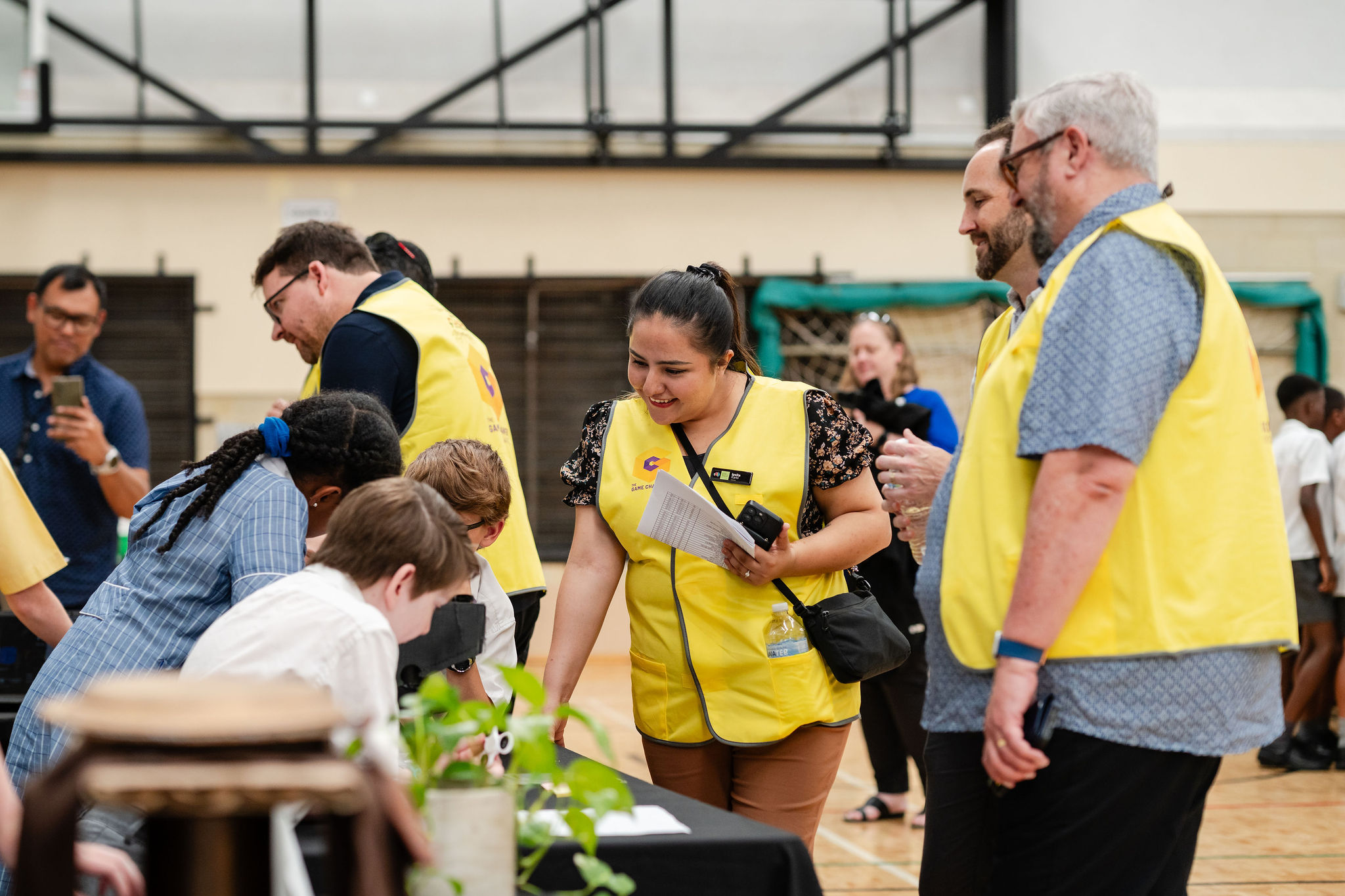At the Game Changer Awards, we firmly believe it can. Thousands of students across Western Australia are already using their STEM skills to create impactful solutions that align with the United Nations Sustainable Development Goals (SDGs).
These worldwide objectives are not solely for governments and scientists; they're for students like you, eager to create an impact.
Video: UN Sustainable Development Goals - Overview (2:12)
The 17 Sustainable Development Goals (SDGs) established by the United Nations serve as a basis for creating a fairer and more sustainable world.
Introduced in 2015, these goals strive to end poverty, protect the environment and planet and ensure peace and prosperity by the year 2030.
Each goal is a call to action for people everywhere, especially young changemakers.
At the Game Changer Awards, student projects are judged not only on innovative initiatives but also on how effectively they align with these goals.
Read more: Explore all 17 Goals - UN SDGs Official Website
These remarkable projects submitted in past rounds of the Game Changer Awards show how local students are taking the initiative to address global challenges.

A finalist team from Western Australia in the 2023 Game Changer competition proposed decentralising solar grids in public schools.
Their aim is to foster sustainability, lower electricity expenses, and inspire students to engage with renewable energy education.
This process included:
This team created wearable proximity sensors for cyclists that can detect vehicles approaching from behind and notify both the cyclist and the driver through a low-cost radio signal and LEDs.
Why it was significant: WA has one of the highest rates of bicycle accidents involving young people.
This project focused on enhancing road safety for both commuters and schoolchildren, encouraging healthy and active lifestyles.

In 2022, a finalist team built an affordable clay filter system designed for purifying water using locally sourced materials.
The initiative was inspired by First Nations peoples water management practices integrated with contemporary filtration science.
Their system could help regional and remote communities in WA to overcome seasonal water access problems.
This chatbot was created by students with a strong interest in supporting their peers who are dealing with anxiety and stress.
The technology solution provides cognitive behavioral prompts, connections to local support resources, and features for journaling.
The chatbot is designed for mobile phones, making it easily accessible to a younger audience.

A team of students from Geraldton developed an affordable waste-sorting bin for schools, featuring color-coded sections and basic sensor technology.
This initiative aimed to teach children effective recycling methods and promote waste reduction.
This team were also finalists for designing an application to connect students in regional areas with urban educators and mentors for science tutoring.
This effort addressed the educational divide in remote WA communities and fostered equal opportunities for quality education.
These are not mere concepts. They're real-life solutions created by WA students, with guidance from teachers, mentors, and the Game Changer community.

Ready to get going on your STEM project? Here’s a detailed guide to turning your classroom concept into a Game Changer project.
1. Select a global goal that resonates with you: Are you passionate about mental health? The environment? Gender equality?
Whatever matters most to you can become the foundation of your project.
Tip: Visit the UN SDGs website to explore all 17 goals.
2. Identify a problem in your local community: Global issues often have a local impact. Start by identifying how these challenges appear in your school, suburb, or locality. Interview local leaders, gather evidence from newspapers, or even carry out surveys.
Example: Climate change is a worldwide concern - how is it affecting your neighbourhood?

3. Think of a STEM-based solution: What type of solution can you think of that uses science, technology,
engineering or mathematics? Creativity + STEM = Real-world innovation. What about:
4. Team up and build your group: No-one can change the world alone. Game Changer Awards projects are most successful when carried out in groups of 2 to 4 students, with everyone working together.. Gather your classmates who have diverse skills such as coding, design, storytelling, or problem-solving.
Pro tip: Teachers, family members, or mentors can give insightful guidelines to your team.
5. Test, improve, and submit: Use the design-thinking process - prototype, test, get feedback, refine. Even simple mockups (like drawings, Canva designs, or cardboard models) help explain your idea clearly to the judges.
Remember to bring your presentation on the day!